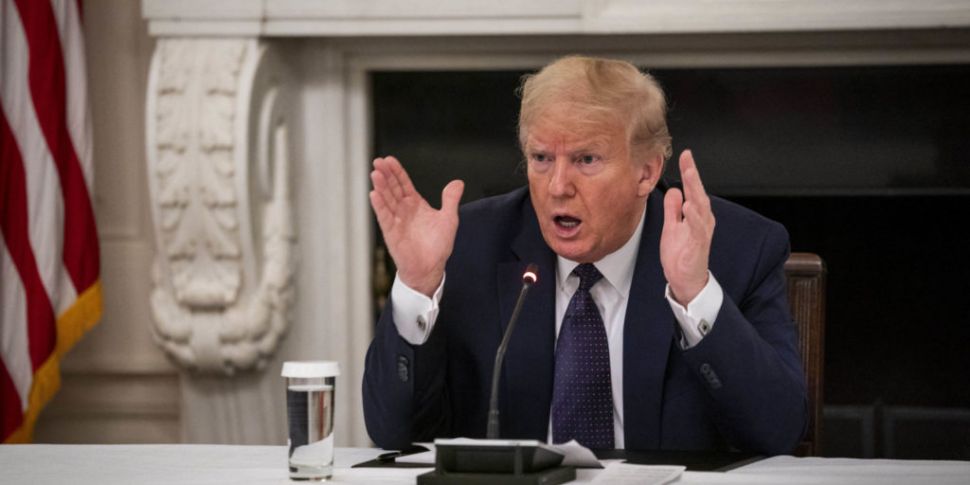Donald Trump is threatening to pull the US out of the World Health Organisation.
The US president said he would reconsider US membership and withdraw funding if the organisation did not commit to a range of improvements.
President Trump suspended funding in mid-April, accusing it of being too “China-centric” and missing the call on the outbreak.
In a letter published this morning, he said a review carried out by his administration had “confirmed many of the serious concerns” he has voiced about the organisation’s response to the crisis – including an “alarming lack of independence” from China.
This is the letter sent to Dr. Tedros of the World Health Organization. It is self-explanatory! pic.twitter.com/pF2kzPUpDv
— Donald J. Trump (@realDonaldTrump) May 19, 2020
“The only way forward for the World Health Organisation is if it can actually demonstrate independence from China,” he wrote.
“My administration has already started discussions with you on how to reform the organisation – but action is needed quickly.
“We do not have time to waste. That is why it is my duty to inform you that if the WHO does not commit to major substantive improvements within the next 30 days, I will make my temporary freeze of US funding permanent and reconsider our membership of the organisation.”
The WHO has agreed to launch an independent review of its response to the virus and the EU is pushing for an "impartial, independent and comprehensive evaluation" of the international response.
Critics have accused President Trump of attempting to divert attention for his own handling of the virus, as the US comes to terms with the highest number of cases in the world.
Hydroxychloroquine
At a White House briefing last night, he said he is taking the malaria drug hydroxychloroquine as a preventative measure against the virus – despite his officials warning that it can cause heart rhythm problems and has not been proven to prevent the virus.
Dr Anthony Fauci, director of the National Institute of Allergy and Infectious Diseases (NIAID), earlier said there was no evidence the drug could prevent the virus.
He said there was anecdotal evidence the drug could be used to treat patients who have already been diagnosed; however, two separate studies published in the British Medical Journal found that it offered patients no significant improvement.
“I get a lot of positive calls about it,” President Trump told reporters.
“I've heard a lot of good stories. And if it is not good, I will tell you right.
“I'm not going to get hurt by it. It has been around for 40 years for malaria, for lupus, for other things.”
The president said he requested the drug from the White House physician and it had not been recommended by his doctor.









